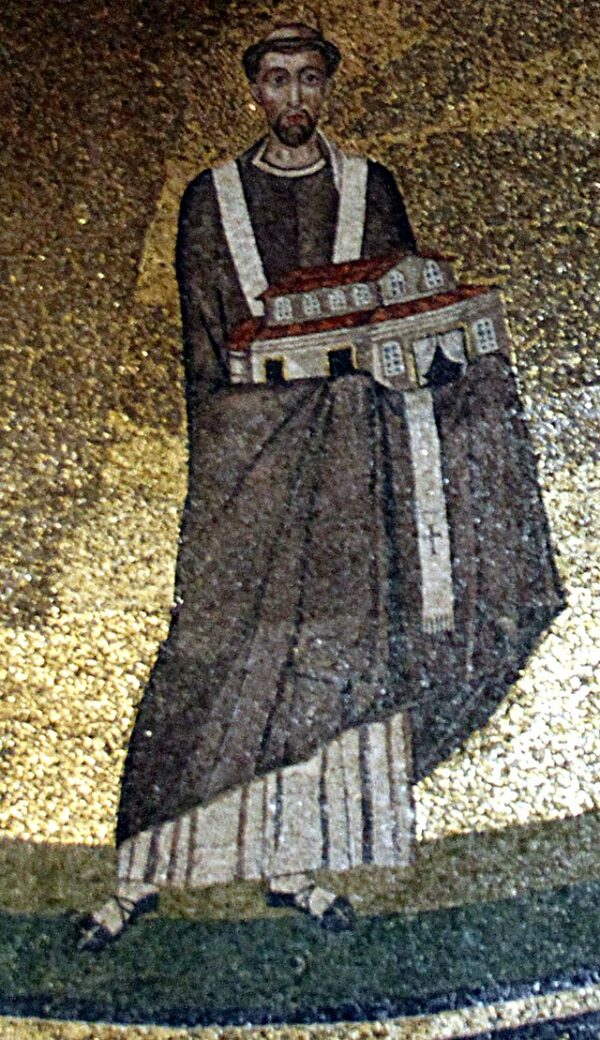Pope Honorius I, who served as the Bishop of Rome from 625 to 638, remains a figure of significant controversy in the history of the Catholic Church due to his posthumous excommunication by the Sixth Ecumenical Council. This unusual and dramatic event, which took place on September 16, 681, has been a focal point for discussions surrounding the doctrine of papal infallibility and the broader issues of Church authority.
The excommunication of Pope Honorius I is deeply intertwined with the theological debates of his time, particularly the Christological controversy over Monothelitism. This doctrine, which proposed that Jesus Christ possessed two natures—divine and human—but only one will, emerged as an attempt to bridge the gap between the orthodox Chalcedonian position and the Monophysite heresy. The Chalcedonian definition, established at the Council of Chalcedon in 451 AD, asserted that Christ had two distinct natures, divine and human, in one person. However, the Monophysites argued that Christ had only a single, divine nature, a position deemed heretical by the Church. Monothelitism was thus seen as a compromise, suggesting a unity of will rather than of nature.
During his papacy, Honorius became involved in this theological dispute through correspondence with Patriarch Sergius I of Constantinople, who was a proponent of Monothelitism. Sergius sought Honorius’s support for this doctrine, hoping to quell the ongoing disputes between the Monophysites and the Chalcedonians. In response, Honorius issued a letter in which he appeared to endorse Sergius’s position, stating that Christ had “one will” (una voluntas). However, Honorius’s intent was likely to maintain peace and unity within the Church rather than to make a definitive doctrinal statement.
Despite his intentions, Honorius’s letter was later used by Monothelite supporters as a justification for their views. This led to significant unrest within the Church, as many saw his stance as contrary to orthodox teachings. After Honorius’s death in 638 AD, the controversy surrounding his letter persisted, and the Monothelite heresy continued to spread.
The issue came to a head during the Third Council of Constantinople, also known as the Sixth Ecumenical Council, which convened from 680 to 681 AD. The council was called to address the Monothelite controversy and to reaffirm the orthodox position that Christ had two wills, corresponding to his two natures. During the council’s deliberations, Honorius’s letter was brought forth as evidence of his support for Monothelitism. The council fathers condemned Monothelitism as heresy and, in an unprecedented move, they also anathematized Honorius, declaring him anathema for having “followed the false teachings” and for failing to preserve the purity of the Church’s doctrine.
This excommunication of Honorius on September 16, 681 AD, was significant not only because it was posthumous but also because it involved a pope, raising profound questions about the nature of papal infallibility. The Church later clarified that papal infallibility applies only when the pope speaks ex cathedra, or officially, on matters of faith and morals. Honorius’s letter, it was argued, did not meet this criterion, as it was a private correspondence rather than an official doctrinal declaration.






